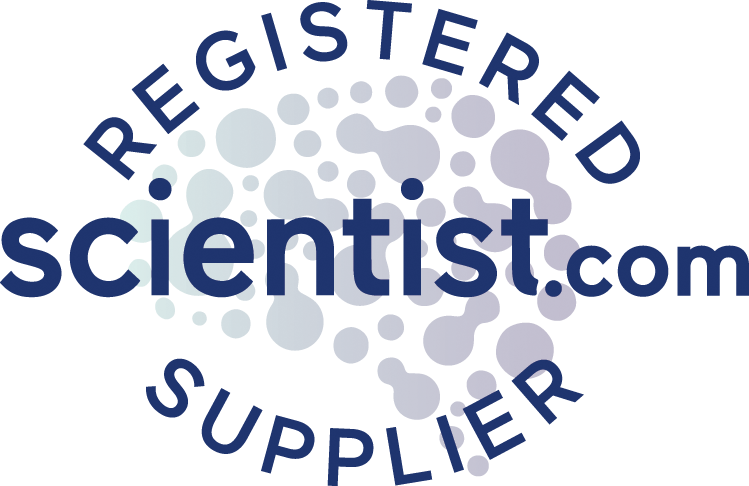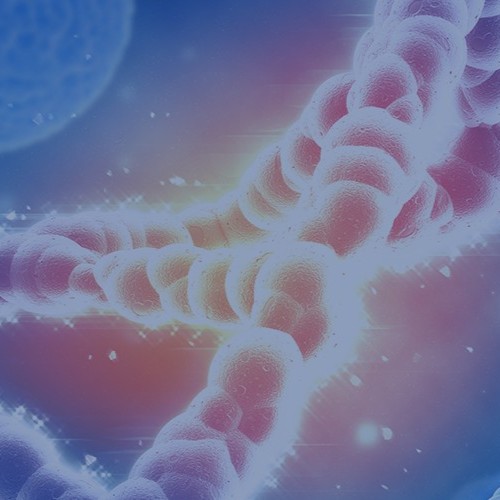Antibodies are proteins produced by the body in response to the stimulation of antigens, playing a protective role. These Y-shaped proteins, secreted by plasma cells (effector B cells), are used by the immune system to identify and neutralize foreign substances like bacteria and viruses. Antibodies are found in the blood and other body fluids of vertebrates, as well as on the surface of B cells. They can recognize specific features of foreign substances, known as antigens.
The functions of antibodies in the body include:
1. Neutralizing toxins and preventing pathogen invasion, clearing infectious microorganisms;
2. Activating the complement system to form membrane attack complexes that lyse cells through the classic pathway;
3. Regulating phagocytosis and antibody-dependent cell-mediated cytotoxicity;
4. Mediating Type I hypersensitivity reactions;
5. Crossing the placental barrier and mucous membranes, playing a vital role in protecting newborns from infections;
6. Secretory IgA, acting in local mucosal immunity by protecting respiratory and digestive mucous membranes.















